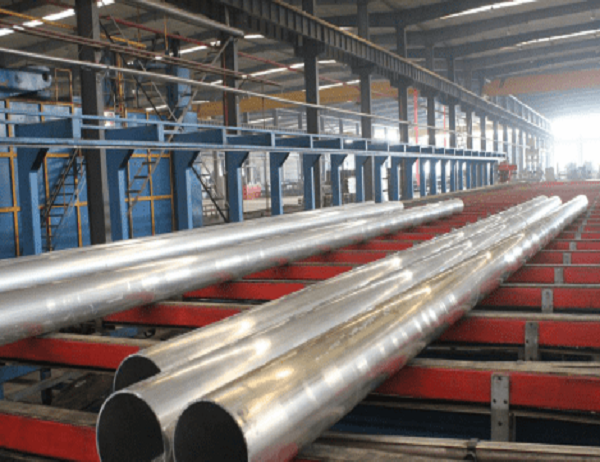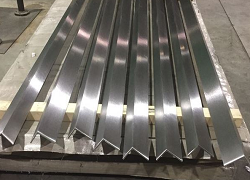The Impact of Aluminum Frames on Solar Panel Performance: A Path to Enhanced Efficiency
In the relentless pursuit of sustainable energy, solar panels have emerged as a beacon of hope. These photovoltaic cells harness the sun’s boundless power, transforming photons into electricity. However, their performance is not limited solely by the efficiency of their photovoltaic materials. The humble aluminum frame that encapsulates these cells plays a crucial role in maximizing their sun-harvesting capabilities.
The rigidity and durability of aluminum frames provide structural support, ensuring that solar panels can withstand harsh weather conditions. However, their presence also creates potential barriers to sunlight absorption. The thickness and shape of the frames can cast shadows on the active area of the cells, reducing their exposure to sunlight and, consequently, their power output.
Aluminum frames with narrow profiles and optimized designs minimize shading effects, allowing for greater sunlight penetration. This improved light transmittance translates directly into enhanced power generation. Additionally, the reflective properties of aluminum frames can redirect sunlight that would otherwise bypass the cells, further boosting their efficiency.
Beyond the immediate impact on sunlight absorption, aluminum frames also influence the thermal behavior of solar panels. By dissipating heat effectively, they help maintain optimal operating temperatures for the cells. This thermal management is essential for preserving the long-term performance and lifespan of solar panels.
Furthermore, the corrosion-resistant nature of aluminum frames ensures longevity and reliability in various environments, reducing the need for frequent maintenance and replacement. Their ability to withstand extreme temperatures, moisture, and UV radiation contributes to the durability and resilience of the entire solar panel system.
In conclusion, the impact of aluminum frames on solar panel performance is profound. By optimizing frame designs and minimizing shading effects, solar engineers can unlock greater efficiency and maximize the sun’s energy conversion potential. The choice of aluminum as the frame material provides not only structural integrity but also thermal management and corrosion resistance, enhancing the overall performance, reliability, and durability of solar panels.



